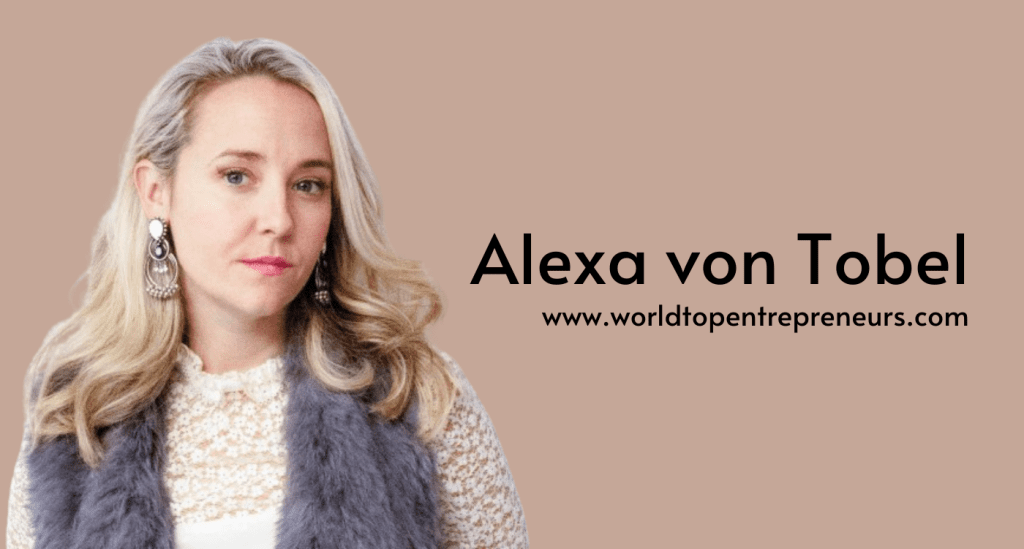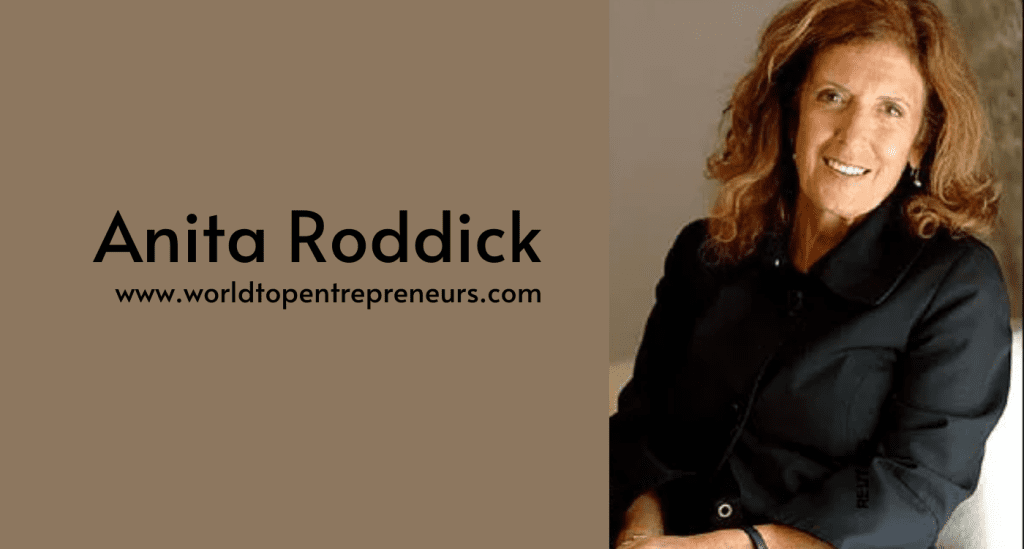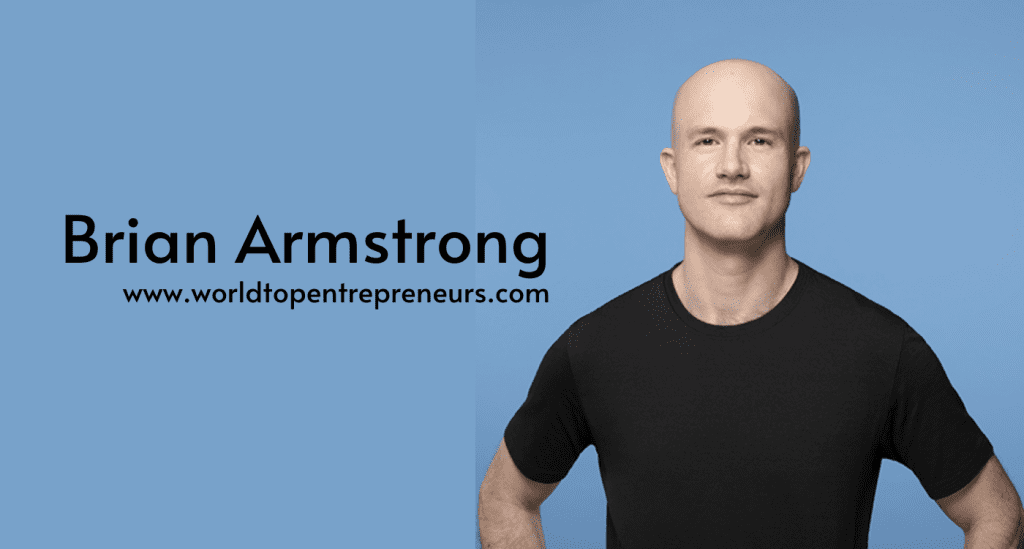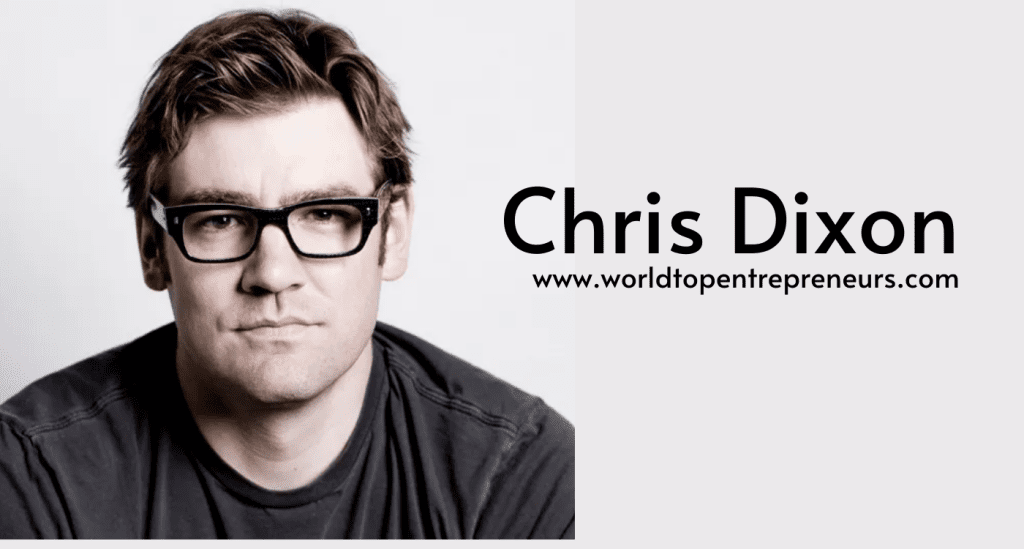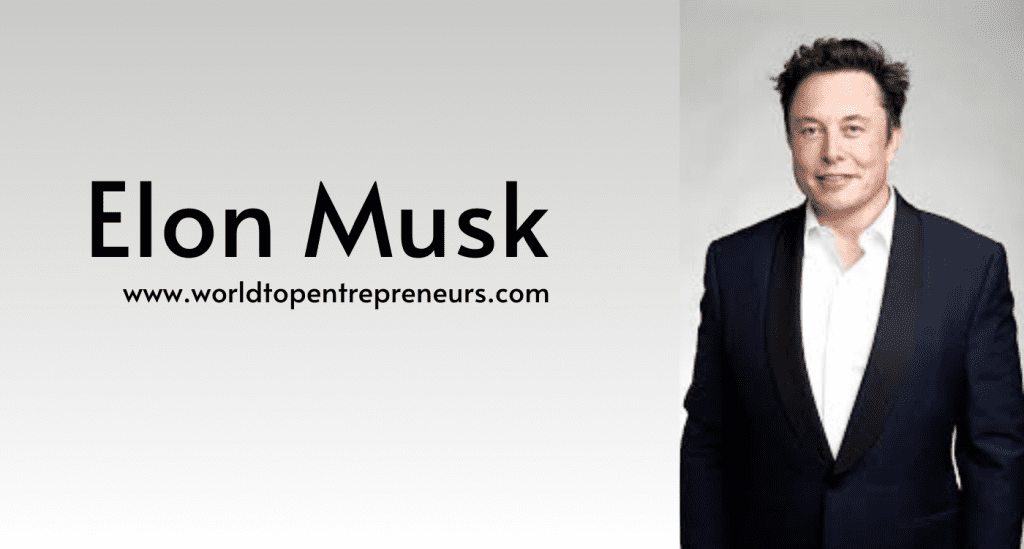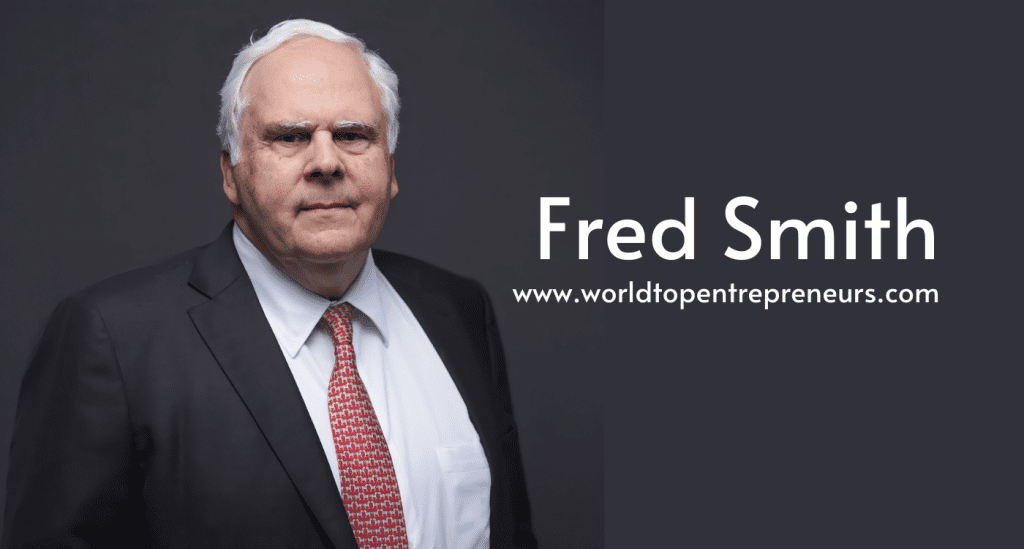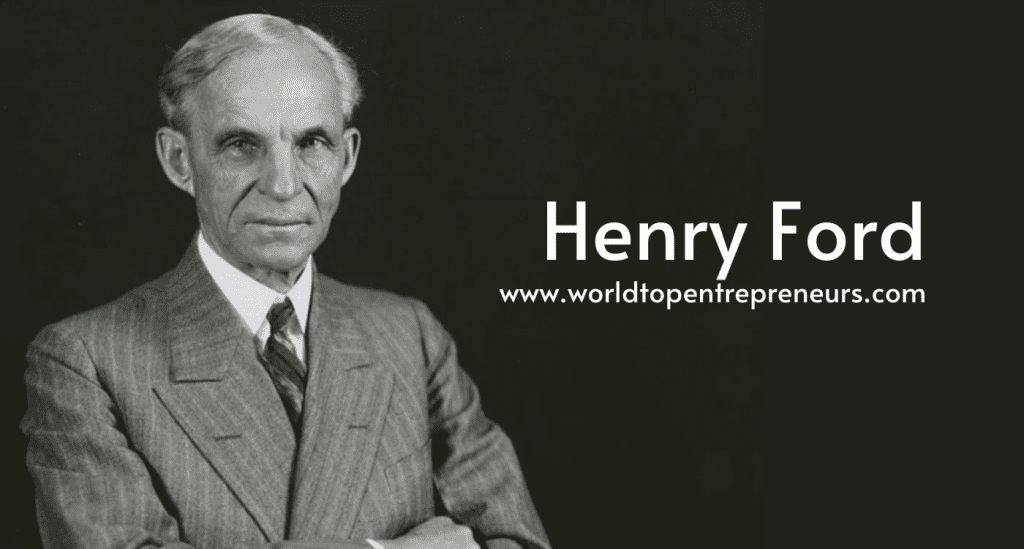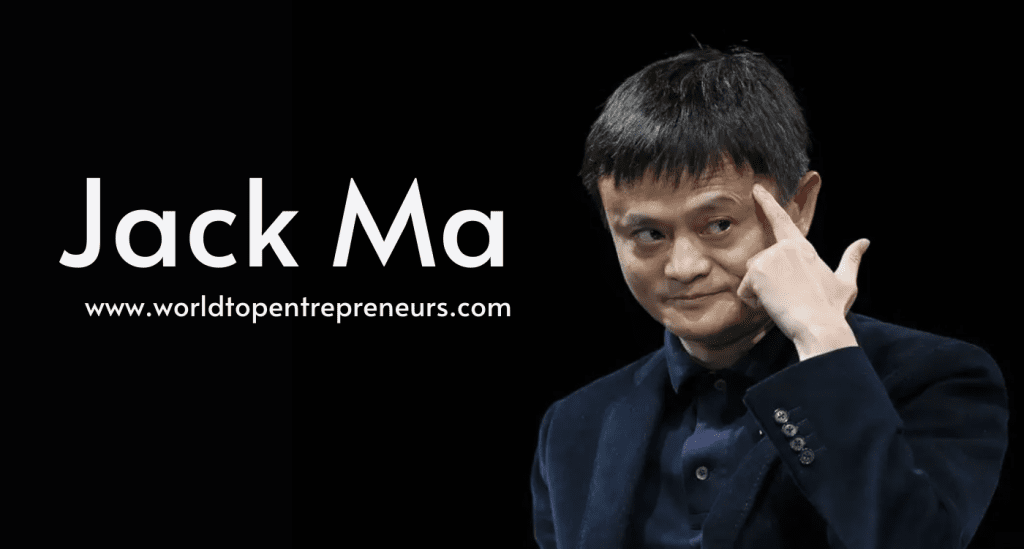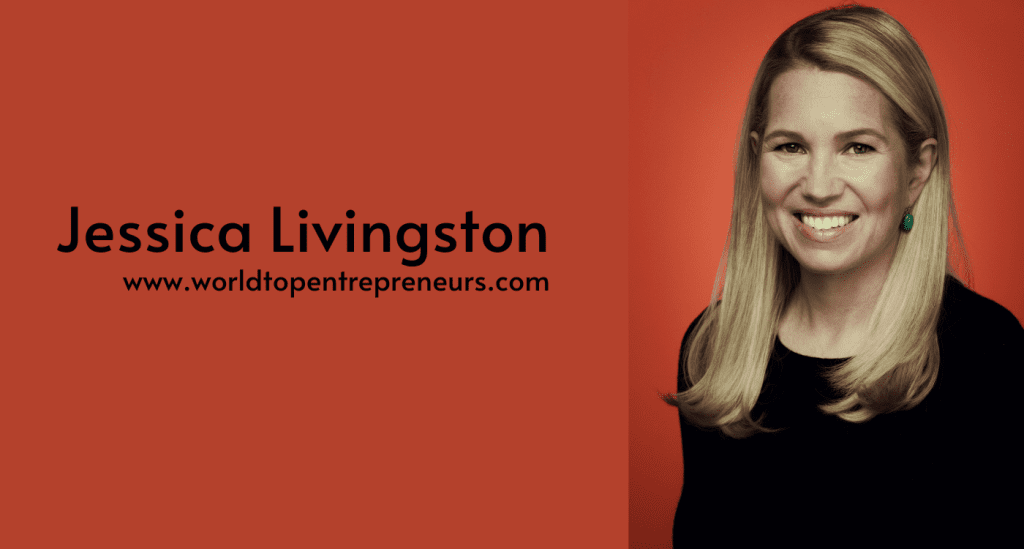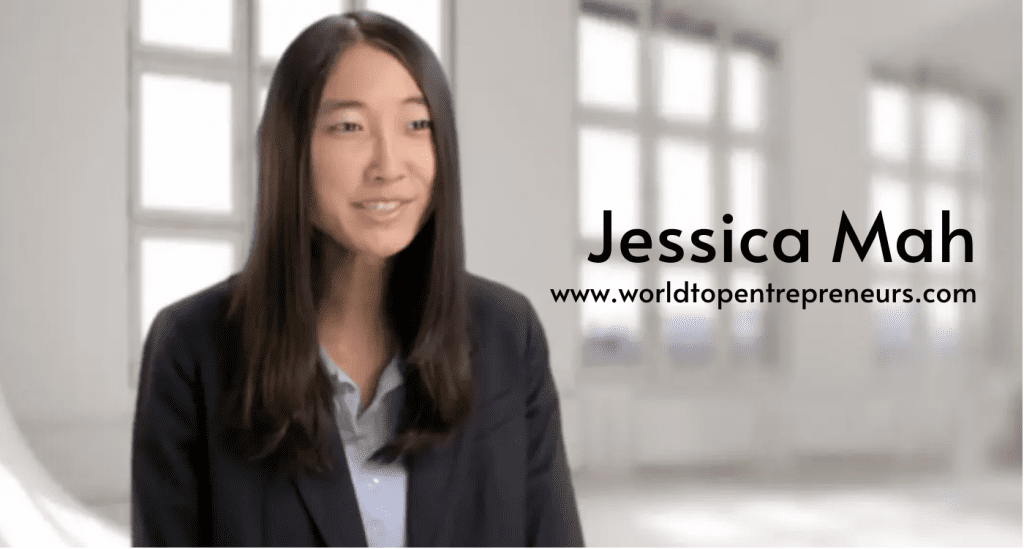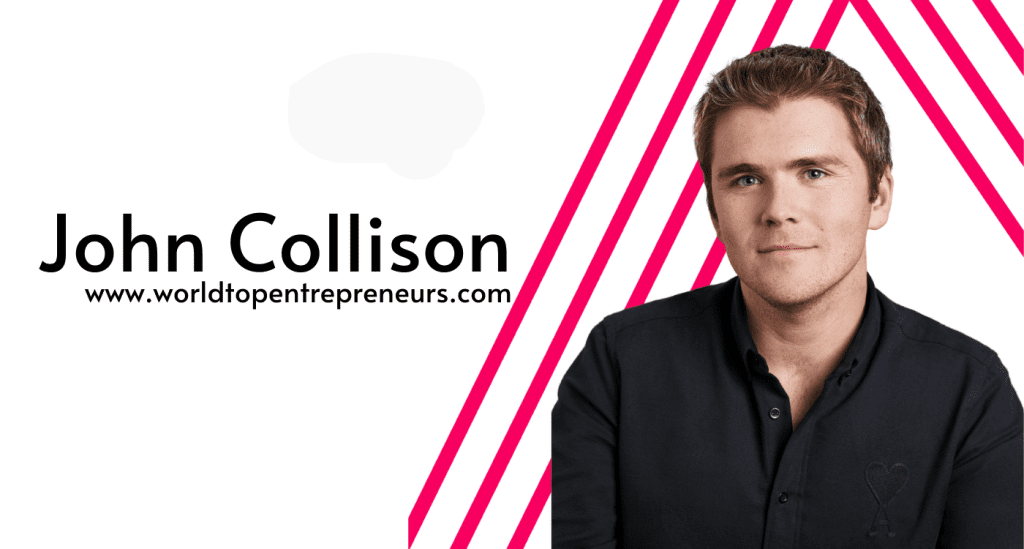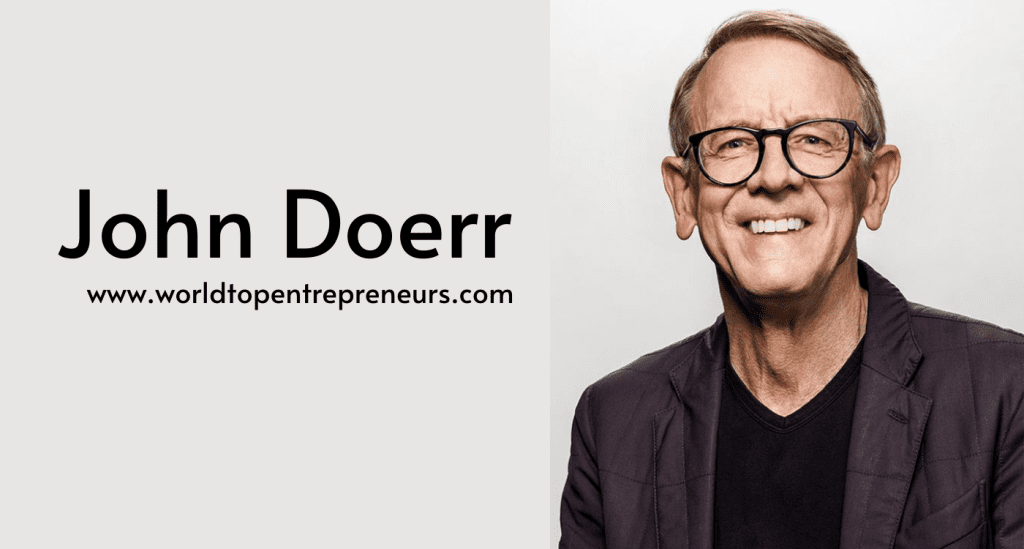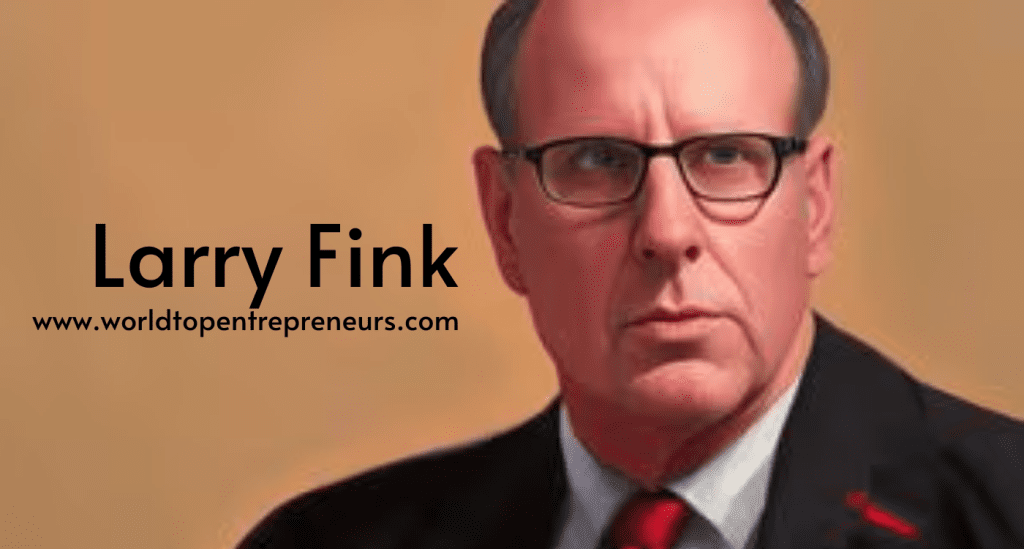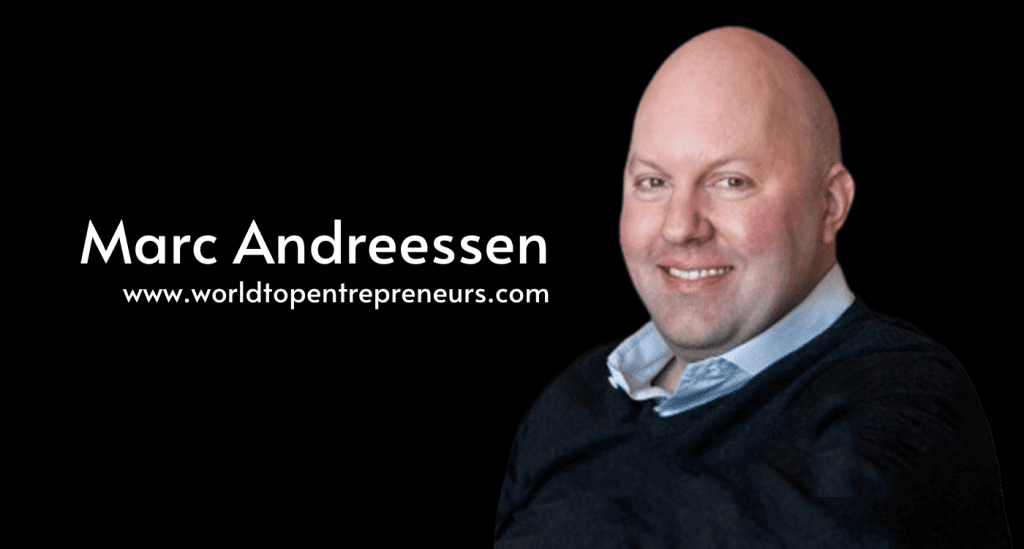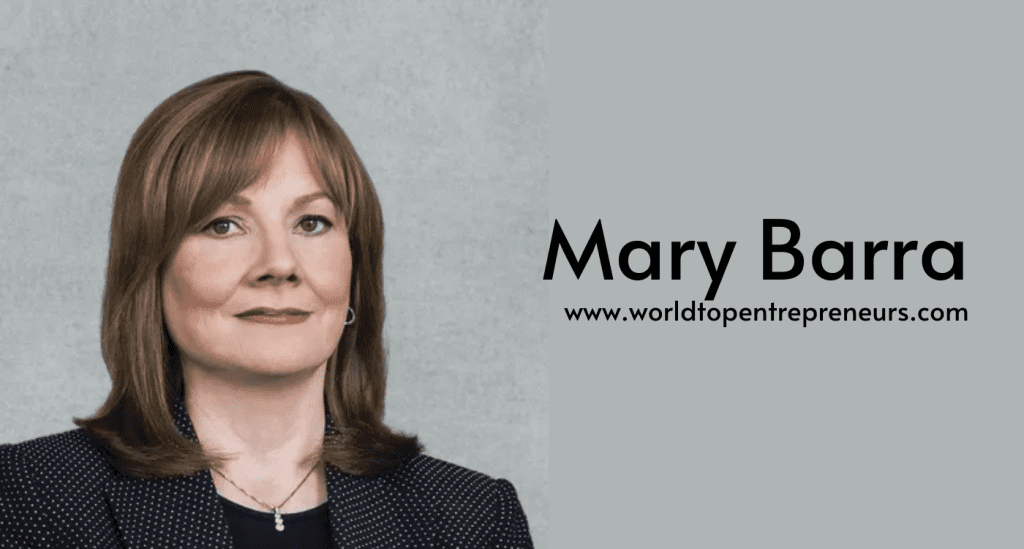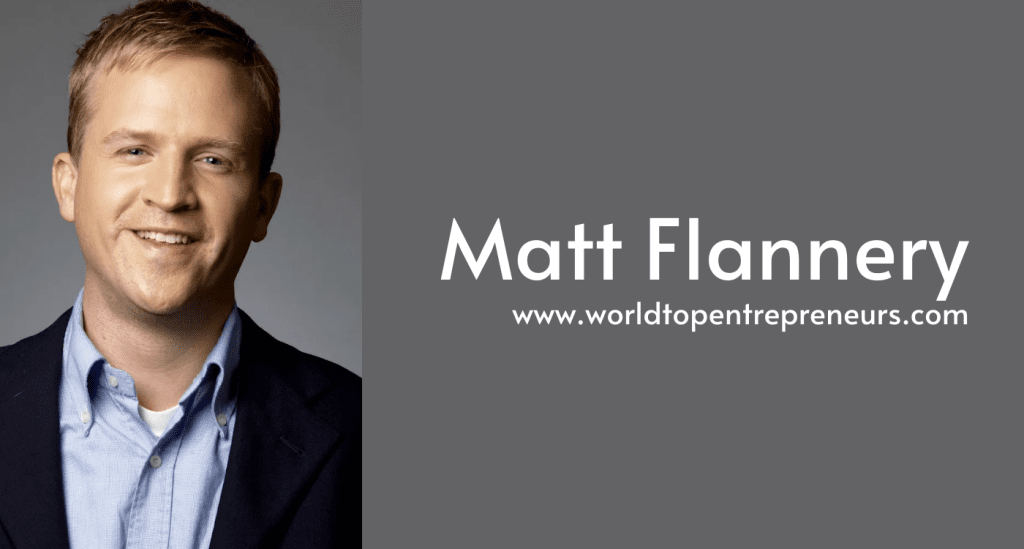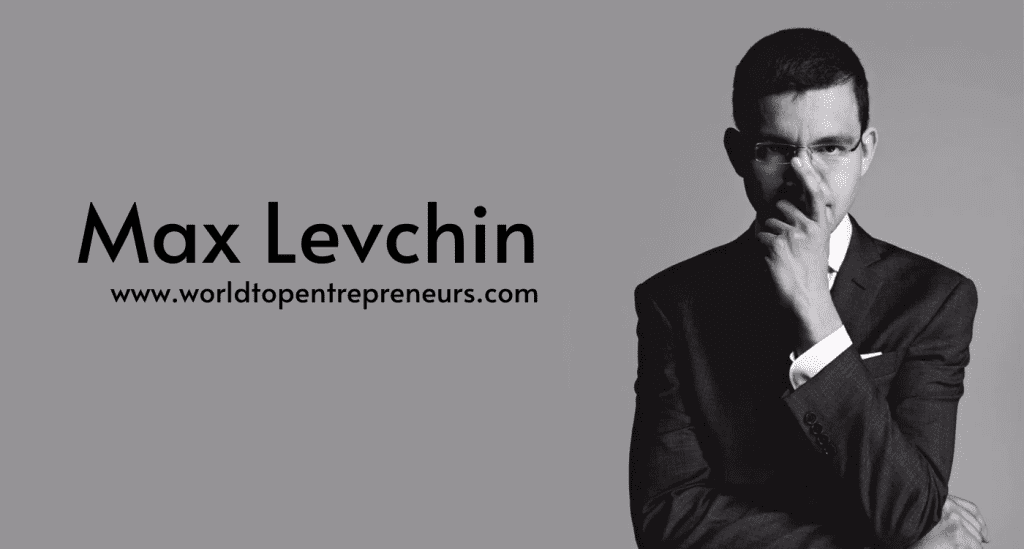Andrew Yang is a name that has become synonymous with innovative thinking, bold leadership, and a relentless drive to address some of the most pressing issues facing America today. His journey from a successful entrepreneur and founder of Venture for America (VFA) to a national political figure is a testament to his dedication to fostering economic opportunity, tackling systemic problems, and advocating for transformative policies. In this article, we delve into Yang’s background, his work with Venture for America, and his subsequent rise to political prominence, highlighting the human side of his story and the impacts he has made along the way.
Early Life and Education
Andrew Yang was born on January 13, 1975, in Schenectady, New York, to immigrant parents from Taiwan. His parents, who met while pursuing their graduate studies at the University of California, Berkeley, instilled in him the values of education, hard work, and perseverance. Yang excelled academically, earning a place at Phillips Exeter Academy, one of the most prestigious prep schools in the United States. From there, he went on to attend Brown University, where he majored in Economics and Political Science.
After graduating from Brown, Yang enrolled at Columbia Law School, where he earned his Juris Doctor in 1999. Despite this traditional path, Yang’s entrepreneurial spirit and desire to make a tangible impact on society soon led him away from the conventional career in law.
The Entrepreneurial Journey
Yang’s first foray into the world of startups was marked by both successes and setbacks. His initial ventures, including Stargiving.com, an online celebrity-affiliated philanthropic fundraising platform, faced challenges and ultimately did not achieve long-term success. However, these early experiences were invaluable, providing Yang with crucial lessons about resilience, the importance of mission-driven work, and the realities of the startup world.
In 2006, Yang joined a small test preparation company called Manhattan Prep. Under his leadership as CEO, the company expanded rapidly, becoming one of the largest test prep providers in the country. Manhattan Prep’s success demonstrated Yang’s ability to scale businesses and manage growth effectively.
Founding Venture for America
In 2011, Yang founded Venture for America, a nonprofit organization with a mission to revitalize American cities and communities through entrepreneurship. Inspired by his own experiences and the economic challenges facing many parts of the country, Yang envisioned VFA as a means to create economic opportunities by harnessing the potential of aspiring entrepreneurs and recent graduates.
Venture for America recruits and trains top college graduates, placing them in startups and early-stage companies in emerging cities across the United States. The goal is to empower these young professionals to become successful entrepreneurs themselves, thereby fostering job creation and economic growth in regions that need it most. Cities like Detroit, Cleveland, Baltimore, and New Orleans have been key areas of focus for VFA.
Under Yang’s leadership, VFA grew rapidly, establishing a strong network of fellows and partner companies. By 2017, the organization had placed over 500 fellows in various startups, contributing to the creation of thousands of jobs. Yang’s vision for VFA was not just about economic development; it was also about building a sense of community and purpose among young professionals, encouraging them to make meaningful contributions to society.
The Move to Politics
Yang’s experiences with VFA and his observations of economic disparities across the country led him to a profound realization: many of the systemic issues facing America required broader, policy-driven solutions. This realization was a key driver behind his decision to enter the political arena.
In November 2017, Yang announced his candidacy for the Democratic nomination for President of the United States in the 2020 election. His campaign was initially considered a long shot, but Yang quickly distinguished himself with a platform centered around the idea of the Fourth Industrial Revolution and the transformative impact of automation and artificial intelligence on the economy.
The Universal Basic Income Proposal
One of Yang’s signature policy proposals was the Freedom Dividend, a form of Universal Basic Income (UBI). He proposed giving every American adult $1,000 per month, no strings attached. Yang argued that UBI was essential to address the economic displacement caused by automation and to provide a financial safety net for all Americans. This bold idea resonated with many voters, particularly younger generations and those feeling left behind by the rapid changes in the economy.
Yang’s advocacy for UBI was not just about providing financial support; it was about restoring dignity and freedom to individuals, enabling them to pursue opportunities, invest in their education, and contribute to their communities without the constant pressure of financial insecurity. His message of humanity first and prioritizing the well-being of people over economic metrics struck a chord with many.
Building a Grassroots Movement
Despite limited initial recognition, Yang’s campaign gained significant traction through a strong grassroots movement. Dubbed the “Yang Gang,” his supporters were highly enthusiastic and active on social media, helping to amplify his message and bring greater visibility to his candidacy. Yang’s unconventional campaign style, including his use of humor and relatability, endeared him to many voters.
Yang’s willingness to engage directly with voters and address their concerns head-on set him apart from many traditional politicians. He participated in numerous town halls, podcasts, and media interviews, often discussing issues like job displacement, mental health, and the need for a more humane economy. His campaign also emphasized data-driven solutions and the importance of adapting to technological changes, appealing to a tech-savvy audience.
Impact on the National Conversation
Although Yang ultimately did not win the Democratic nomination, his campaign had a significant impact on the national conversation. He succeeded in bringing attention to issues like automation, the future of work, and the need for innovative economic policies. Many of his ideas, including UBI, gained mainstream recognition and were discussed more seriously within political and policy circles.
Yang’s ability to articulate complex issues in a relatable and accessible manner helped to demystify topics that are often perceived as abstract or distant. His campaign demonstrated that there is a hunger for new approaches and solutions, especially among voters who feel disillusioned with the status quo.
Post-Campaign Endeavors
After suspending his presidential campaign in February 2020, Yang continued to be an influential voice in American politics and public policy. He founded the organization Humanity Forward, which aimed to advance the ideas and policies he championed during his campaign. Humanity Forward focused on promoting UBI, data-driven governance, and measures to address the economic and social impacts of technological advancements.
Yang’s advocacy for UBI gained additional momentum during the COVID-19 pandemic, as the economic disruption caused by the crisis highlighted the vulnerabilities in the existing social safety net. He argued that direct cash payments to individuals were an effective way to provide immediate relief and stimulate the economy.
The Mayoral Run
In 2021, Yang announced his candidacy for Mayor of New York City. His campaign focused on addressing the city’s economic challenges, improving public safety, and fostering innovation. Yang’s vision for New York included measures to support small businesses, improve education, and enhance the quality of life for all residents.
Although Yang did not win the mayoral race, his campaign once again demonstrated his ability to engage with diverse communities and bring attention to critical issues. His focus on practical solutions and his willingness to think outside the box resonated with many New Yorkers.
Legacy and Ongoing Influence
Andrew Yang’s journey from Venture for America to the national political stage is a story of perseverance, innovation, and a deep commitment to addressing the challenges facing society. His work with VFA has left a lasting impact on numerous communities, helping to revitalize local economies and inspire a new generation of entrepreneurs.
Yang’s political campaigns, characterized by bold ideas and a focus on humanity, have influenced the national discourse and inspired many to think differently about the future of work, the economy, and the role of government in supporting individuals. His advocacy for UBI and other forward-thinking policies continues to shape conversations about how to create a more equitable and resilient society.
In many ways, Yang’s journey is a reflection of his belief in the power of individuals to drive change and make a difference. Whether through entrepreneurship, public policy, or grassroots activism, he has demonstrated that innovative thinking and a commitment to addressing real-world problems can have a profound and lasting impact.
Conclusion
Andrew Yang’s story is one of vision, determination, and an unwavering commitment to making a positive difference in the world. From his early entrepreneurial ventures to his work with Venture for America and his bold political campaigns, Yang has consistently pushed the boundaries of conventional thinking and championed the needs of ordinary people. His journey is a testament to the power of innovative ideas and the importance of staying true to one’s values and mission.
As Andrew Yang continues to advocate for policies that prioritize humanity and address the challenges of the 21st century, his influence is likely to endure, inspiring future leaders and changemakers to pursue bold solutions and work towards a more just and prosperous society.


